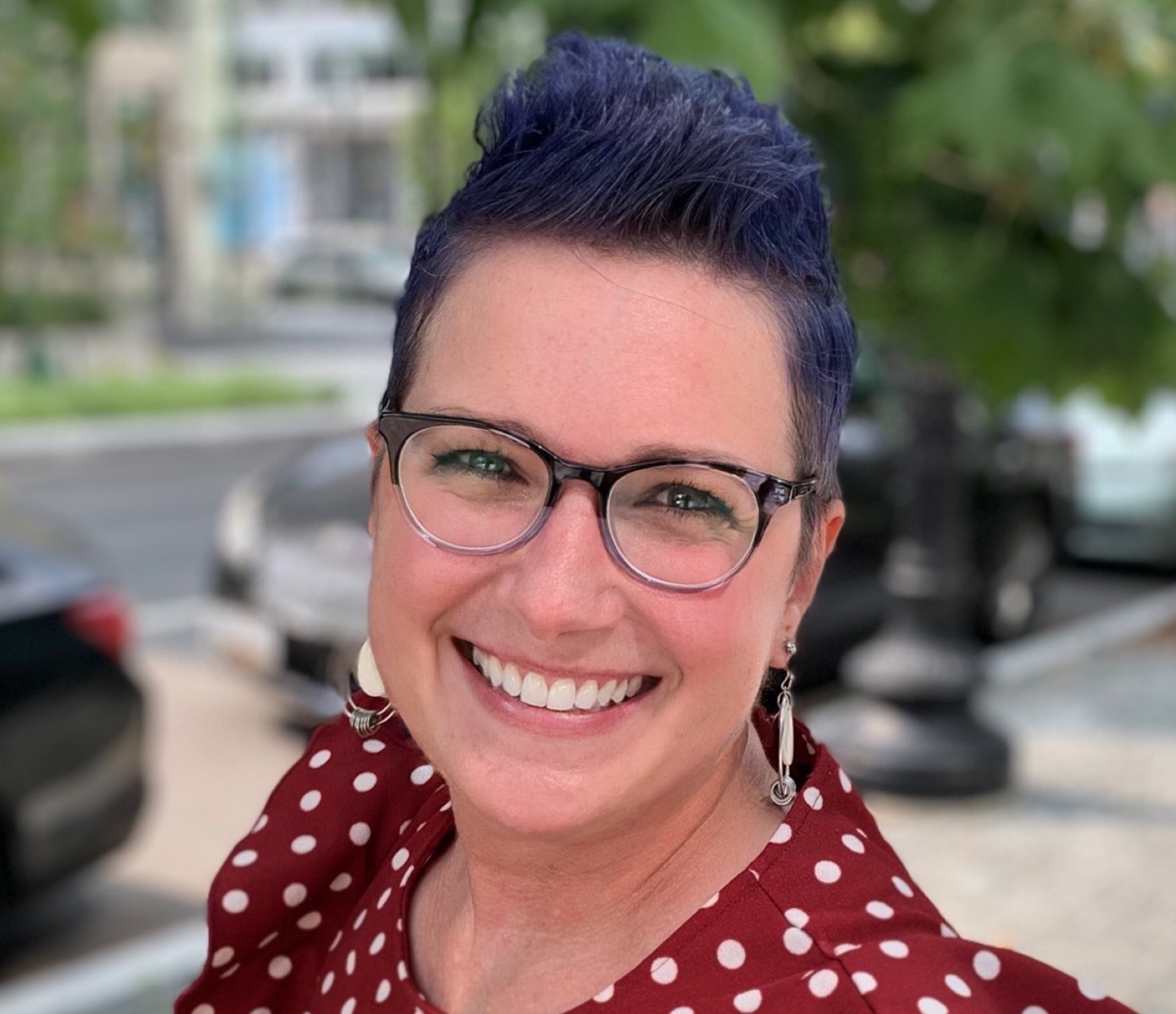FDA Approves Another Hemophilia Gene Therapy, but Will Price Prove to Be Too High?
-
May 16, 2024
The FDA recently approved the second gene therapy for hemophilia B, Pfizer Inc.’s Beqvez (fidanacogene elaparvovec-dzkt). But while the manufacturer priced the agent at parity to the other treatment, that price may still be too high for many payers, according to a Zitter Insights survey.
On April 25, the FDA approved Beqvez for the treatment of adults with moderate to severe hemophilia B who use factor IX prophylaxis therapy; have current or historical life-threatening hemorrhage; or have repeated, serious spontaneous bleeding episodes and do not have neutralizing antibodies to adeno-associated virus (AAV) serotype Rh74var (AAVRh74var) capsid as detected by an FDA-approved test. The manufacturer launched a warranty program for the intravenous infusion based on durability of patient response to treatment.
The price for the single-dose gene therapy is $3.5 million — the same price as the other AAV vector-based gene therapy for hemophilia B, CSL Behring LLC and uniQure Inc.’s Hemgenix (etranacogene dezaparvovec-drlb), which was approved Nov. 22, 2022, for the treatment of people at least 18 years old with hemophilia B who currently use factor IX prophylaxis therapy or have current or historical life-threatening hemorrhage or have repeated, serious spontaneous bleeding episodes.
Beqvez will be available this quarter.
For the Managed Care Biologics and Injectables Index: Q4 2023, from Nov. 20, 2023, to Dec. 31, 2023, Zitter Insights polled 36 commercial payers covering 116.1 million lives, 27 Medicare payers covering 43.4 million lives, 50 hematologists and 55 practice managers about their management of and prescribing for hemophilia. Half of all payers and 54% of hematologists said they have moderate satisfaction with the current treatments for the condition.
Payers with 69% of commercial covered lives and 45% of Medicare lives, as well as 34% of hematologists, said that high or very high unmet need exists in treating hemophilia. Of those respondents, the top drivers of high/very high unmet need are the lack of effective therapies, poor adherence due to the route of administration and the need for safer treatments.
Payers with 41% of commercial lives and those covering 9% of Medicare lives said they are aggressive in their management of branded agents, meaning that they cover most agents, with some preferred over others through the use of tiering, step edits and/or prior authorization, and exclude other therapies.
Almost half — 47% — of payer respondents said they were somewhat or moderately aware of Beqvez compared with 40% of hematologists. Payers with 44% of Medicare lives and 38% of commercial lives rated their level of awareness as moderate.
Payer respondents said that an annualized net price of $2.17 million for Beqvez is too expensive, meaning that they would recommend that the product not be covered or that it be highly restricted.
Forty-one percent of hematologists said they expect the new gene therapy to have a moderate impact on their prescribing, meaning that they may change their treatment approach for a considerable portion of patients. Similarly, payers with 56% of commercial lives and 58% of Medicare lives expect that Beqvez will have a moderate approach on their coverage of treatments for hemophilia B (see chart).
© 2025 MMIT









